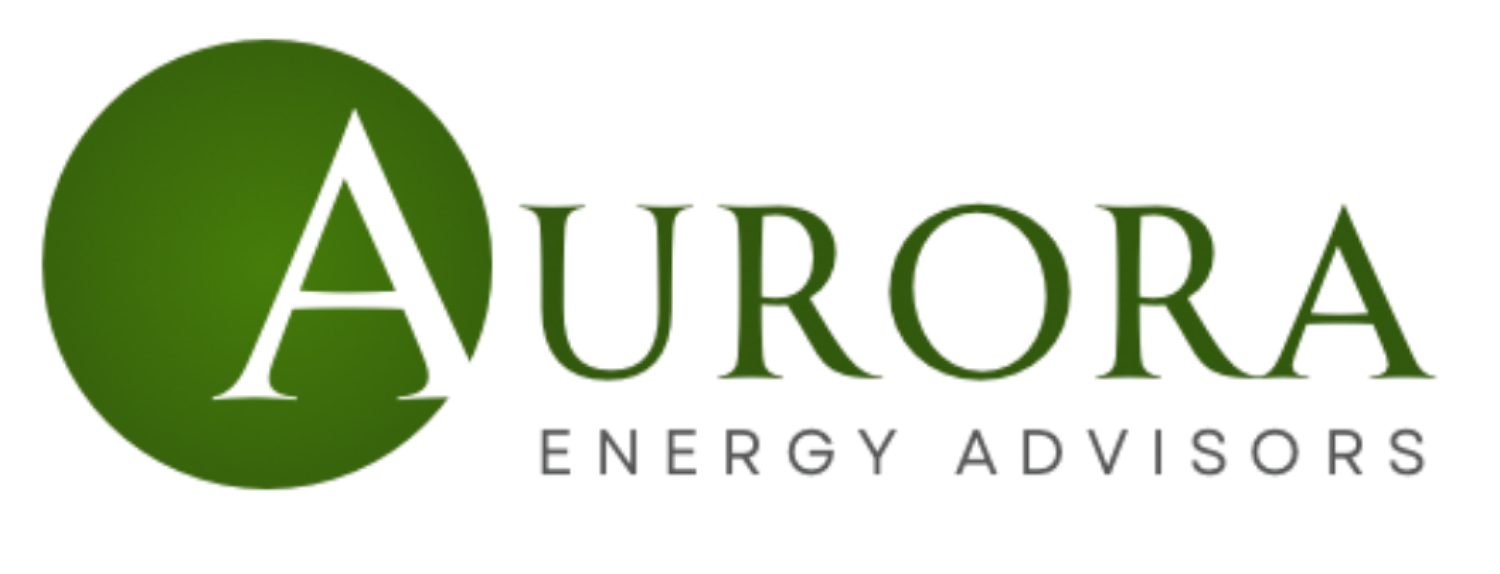LL87 FAQ
As we enter the final month of the year, many building owners are working to wrap up 2024 compliance items and already looking ahead to what is due in 2025. One of the most common questions we are hearing right now pertains to Local Law 87 (“LL87”), which deals with energy audits and retro-commissioning.
To recap, LL87 requires all buildings over 50,000 square feet to perform an energy audit and retro-commissioning every 10 years. Upon completion of these measures, the engineer who performed the audit must submit a report to the Department of Buildings (DOB) by December 31 of the compliance year.
This compliance year is determined by the last digit of the property’s block number. For example, if your BBL (borough-block-lot) is 1-01234-5678, then your compliance is due by December 31, 2024.
Because of the scope of the audit, the process takes time — typically a year from start to finish. The good news is that if you haven’t signed up an engineer for LL87 yet and your due date is 2024, it’s not too late. The DOB offers two one-year extensions if you have signed a contract with an engineer and are in the process of completing the work.
If you fail to comply or submit your report, the DOB can issue a $3,000 fine for the first year and $5,000 per year thereafter.
Aurora Energy Advisors can assist you through every stage of this process: from hiring the right engineer, to managing the audit, ensuring compliance, and helping you avoid costly penalties.
LL87 FAQ
Q1: How do I know when my building’s LL87 audit is due?
The compliance year is determined by the last digit of your BBL number. If the last digit is 4, your audit is due by December 31, 2024.
Q2: What happens if my building recently completed a retro-commissioning project under another local law?
If your building has recently completed work that overlaps with LL87 requirements (such as energy efficiency upgrades or Local Law 97-related measures), you may be able to count that work toward LL87 compliance — provided it meets the DOB’s audit standards and is properly documented.
Q3: How long does it take to complete the LL87 process?
The entire process — from audit to retro-commissioning to final report submission — generally takes 8 to 12 months. That’s why it’s crucial to start early, especially if your compliance deadline is approaching.
Q4: What is the penalty for not submitting the LL87 report on time?
The penalty for non-compliance is $3,000 for the first year and $5,000 for each subsequent year until the report is filed.
Q5: Can Aurora help me get an extension?
Yes. Aurora can assist in contracting an engineer and submitting your extension request before the deadline to avoid penalties.
Q6: Does LL87 compliance help with LL97?
Yes. Many of the same retro-commissioning measures required by LL87 also help improve energy efficiency and reduce carbon emissions under LL97 — meaning your investment in one can support compliance with the other.
Market Analysis
Electricity
In November, NYISO Zone J electricity prices continued to track in the $0.03–$0.04 per kWh range, consistent with the prior two months. A few cold fronts temporarily drove up daily averages, but overall mild weather and robust supply have kept volatility low.
Natural Gas
NYMEX remained in the $2.60–$2.80 per MMBtu range for most of November. While U.S. storage remains well above the five-year average, winter heating demand will dictate whether prices rise into early 2025.
Crude Oil
Crude oil prices hovered around $75–$80 per barrel during November. Market focus shifted toward 2025 forecasts, with OPEC+ signaling potential output adjustments to stabilize global supply amid weakening demand outlooks.
💡 Mitchell’s Tip: Start early on LL87 — the process takes time, and extensions require documentation.
